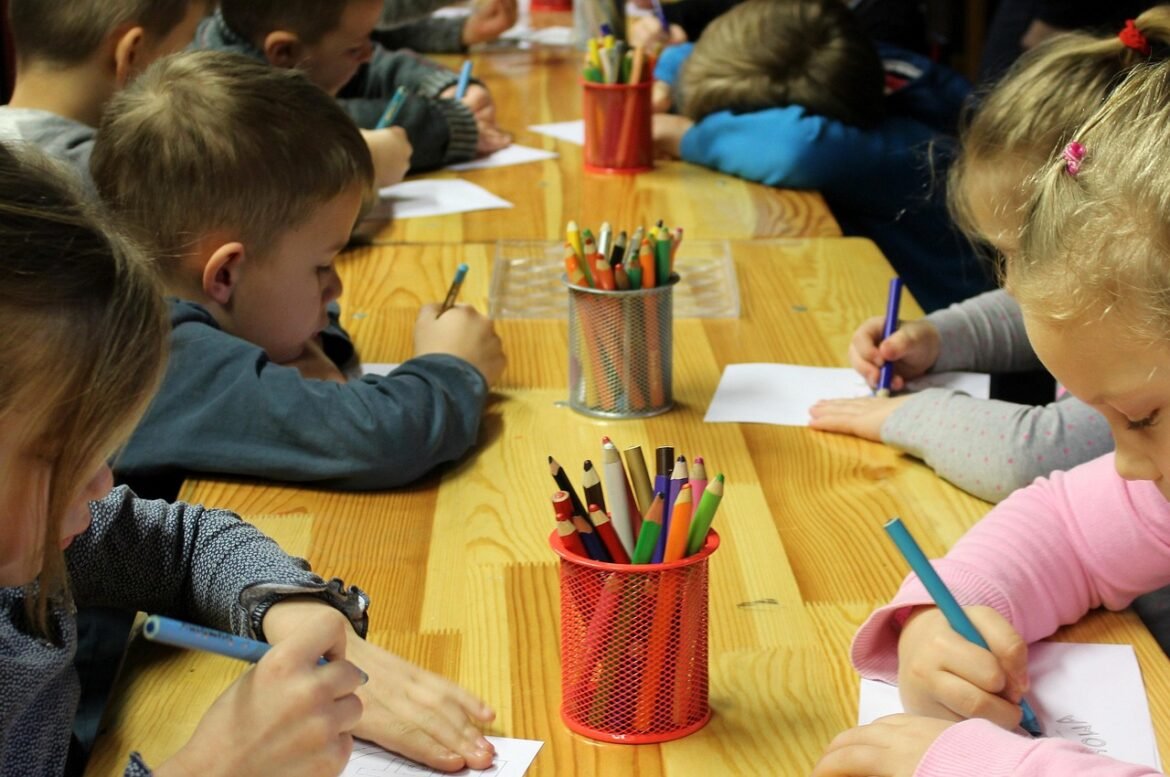Have you ever noticed how toddlers—the tiny explorers of our world—sometimes find themselves staring out the window, tapping their fingers, or quietly sitting with nothing to do? At first glance, it might seem like boredom is a problem to fix—a symptom of too much screen time or not enough activities planned. But what if these moments of stillness and apparent dullness are doing more good than we realize? What if boredom is actually a secret ingredient in fostering creativity, resilience, and independence in toddlerhood?
The Curious Nature of Toddler Boredom
Almost all parents have experienced it—the inevitable, “I’m bored!” declaration from a toddler after a flurry of toys have been played with or after the fifth storybook has been read. It might feel like a challenge or frustration, yet boredom in toddlers is a natural part of their growing awareness and cognitive development.
Boredom signals a child’s need for stimulation and is often the brain’s way of saying, “I’m ready to explore new thoughts and ideas.” At this stage, toddlers are honing their ability to notice patterns, form expectations, and manage feelings, all while figuring out their environment.
This restless pause creates a unique mental space—free from external distractions—where imagination can start to blossom. In a world often saturated with activities and screens, the simple experience of “having nothing to do” invites toddlers into self-directed discovery.
What Grows From Boredom?
Boredom is more than just a pause—it’s fertile ground for several key aspects of early childhood growth:
- Creativity: Without predetermined instructions, toddlers are encouraged to invent, improvise, and imagine alternatives. A plain box can become anything—an airplane, a castle, or a hiding spot.
- Problem-Solving Skills: Faced with “empty time,” toddlers begin learning how to make choices and come up with solutions, building confidence and adaptability.
- Emotional Regulation: Experiencing boredom and learning to sit with discomfort teaches toddlers patience and self-soothing, vital for emotional resilience.
- Autonomy and Independence: Time spent choosing what to explore without guidance strengthens a toddler’s sense of self and decision-making.
Science backs this up. Research shows that uninterrupted moments where a child is “left alone” with their thoughts foster better imagination and cognitive flexibility. These are the same skills that’ll serve them well in school and social environments—helping them adjust when things don’t go as planned.
Resist the urge to fill every silence or pause in play: give toddlers room to explore boredom—it’s a doorway to learning.
Guiding, Not Fixing: How Parents Can Support Boredom
It’s tempting, especially with today’s emphasis on constant engagement, to rescue toddlers from boredom immediately. But over-scheduling or rescuing toddlers from boredom too quickly can crowd out the valuable skills born from figuring things out independently.
Instead, parents and caregivers can focus on creating safe, supportive environments that allow toddlers to navigate boredom on their own terms. This doesn’t mean leaving a child completely alone; it’s about balancing freedom with gentle guidance.
For example, rather than jumping in with a new toy or activity, try asking simple, open-ended questions:
- “What else do you think you could play with?”
- “What would you like to do now?”
- “How do you feel when you have some quiet time?”
These conversations encourage toddlers to name their feelings, develop self-awareness, and realize they have options—skills integral to emotional intelligence.
Creative Play Ideas That Grow from Boredom
To harness the power of boredom while gently encouraging exploration, here are some play ideas that foster imagination and autonomy:
- Open-Ended Toys: Blocks, nesting cups, simple dolls, or art supplies like crayons and paper let toddlers decide how to play instead of following fixed rules.
- Nature Exploration: A walk outside or a small container of natural objects lets toddlers collect, observe, and create stories — no structured activity needed.
- Imaginative Corners: A simple “pretend” area with scarves, boxes, or everyday household items inspires make-believe and role play.
- Quiet Time Choices: Offer options like a book nook, sensory bottle, or playdough with little to no direction. Let the toddler lead the experience.
- Allow ‘Messy’ Play: Toddlers learn through touch and sensory experience, so activities like finger painting or water play can encourage deep engagement.
These examples actively build the skills that emerge during boredom but do so without removing the child’s agency. It’s the difference between handing them a finished product and giving them the tools to create their own.
As toddlers grow, these moments of self-initiated play become the foundation for problem-solving skills and a lifelong love of learning — qualities just as essential as physical development or language skills.
FAQ: Boredom and Toddler Development
Is boredom harmful to toddlers?
Boredom itself isn’t harmful; it’s a natural signal that invites children to engage creatively and emotionally with their environment.
How much boredom is healthy?
Short, regular moments of downtime during the day are beneficial. Like adults, toddlers need a balance of stimulation and rest.
What if my toddler acts out due to boredom?
Behavioral expressions often signal unmet needs. Try offering choice, new sensory experiences, or quiet moments to help them transition.
How can I reduce screen time but keep my toddler engaged?
Focus on open-ended toys, outdoor exploration, and unstructured playtime. This encourages curiosity and reduces reliance on screens.
More Than Just “Nothing to Do”
Moments of boredom during toddlerhood aren’t empty—they are rich with possibility. Like tiny seeds lying dormant under the soil, these quiet interludes quietly nurture growth in creativity, patience, emotional intelligence, and self-reliance.
Instead of rushing to fix boredom, try embracing it. Sit alongside your toddler, offer gentle encouragement, and let them guide their own play. Watch how those moments transform into powerful engines of lifelong learning and joy.
For parents interested in exploring how to balance activity and downtime, learning about mindful movement routines can offer great inspiration on fostering calm and focus for the whole family.

